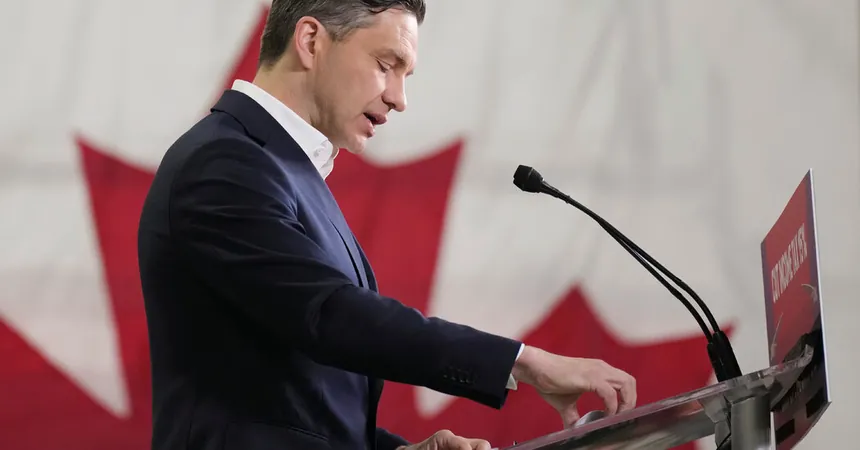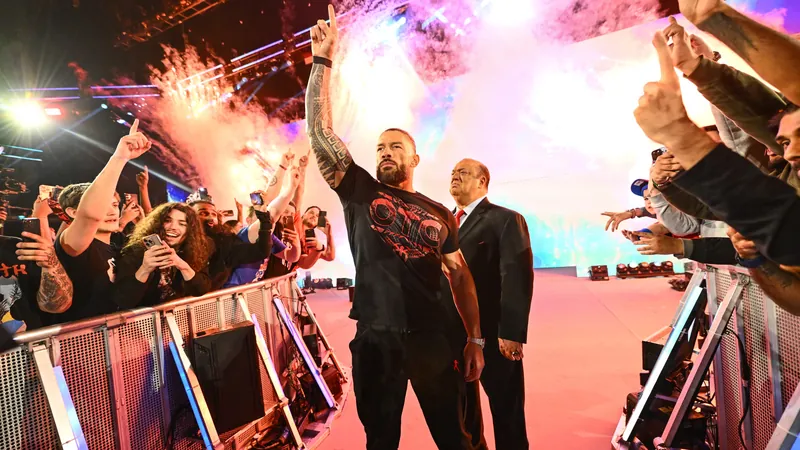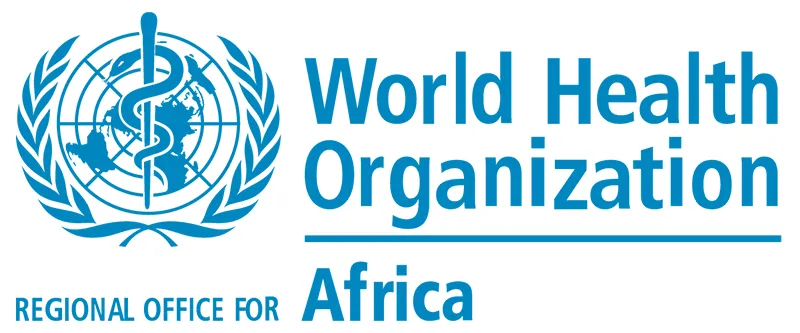
Shocking Allegations: India Accused of Interfering in Canada’s Political Landscape!
2025-03-25
Author: Amelia
Introduction
The political dynamics in Canada have taken a startling turn as recent reports allege that the Indian government may have meddled in the country's Conservative Party leadership race. This revelation has thrust Pierre Poilievre, the leader of the Conservative Party and a formidable challenger to Prime Minister Mark Carney, into the spotlight.
Allegations of Interference
Canadian intelligence revealed that Indian operatives, along with their proxies, reportedly funneled funds and orchestrated support for Poilievre during the 2022 Conservative Party leadership contest, which he won decisively with a whopping 68% of the votes. It is crucial to note that officials have stated there is no evidence suggesting that Poilievre, or those in his inner circle, were aware of this interference. However, the implications of such involvement are raising eyebrows and stirring controversy within Canadian politics.
Context of Foreign Interference
Interestingly, this bombshell comes amidst an ongoing public inquiry into foreign interference in Canadian elections, which has identified India, alongside China, as a major influencer. Intelligence reports have highlighted that India actively sought to back candidates perceived as pro-India, thereby bringing to light serious concerns about external influence in the political sphere.
Poilievre’s Stance
Poilievre has consistently refused to seek top security clearance, arguing that it would restrict his ability to speak openly about matters concerning foreign interference. In a press conference on Tuesday, he firmly stated that he won the leadership 'fair and square,' and accused the Liberal government of attempting to impose an 'oath of secrecy' on him regarding vital national security issues.
Government Response
Prime Minister Carney, who assumed office following Justin Trudeau's resignation, criticized Poilievre’s refusal to secure clearance as 'irresponsible.' This pushback underscores the rapidly escalating tensions as Canada navigates its relationships with foreign powers.
Political Reactions
Further complicating matters, Yves-François Blanchet, leader of the Bloc Québécois, remarked that obtaining security clearance had not hindered his ability to speak candidly, suggesting that Poilievre’s reluctance might be a strategic choice to protect Conservative candidates from potential scrutiny and withdrawal.
Chinese Interference Concerns
As the inquiry progresses, alarming allegations of Chinese interference in previous elections have also surfaced, detailing efforts by the Chinese government to undermine Conservative candidates while favoring those from the Liberal Party. Notably, China's approach has led to longstanding tensions with certain Conservative stances, particularly those criticizing its human rights record.
Historical Context
In contrast, the Indian government has historically maintained a fraught relationship with the Liberal Party, alleging that they are sympathetic to Sikh-Canadian separatists promoting a movement for an independent Sikh state in India. Under former Prime Minister Stephen Harper, Poilievre served in various ministerial roles, and Harper has recently expressed his dismay over deteriorating relations between India and Canada, particularly after Trudeau accused Indian agents of orchestrating the assassination of a Sikh-Canadian activist in Vancouver.
Conclusion
The situation is fluid, and as political scrutiny heightens, many are left wondering: Will Canada’s political landscape be forever altered by these allegations? What impact will this have on future elections? Stay tuned as the story develops, and keep your eyes peeled for more revelations!









 Brasil (PT)
Brasil (PT)
 Canada (EN)
Canada (EN)
 Chile (ES)
Chile (ES)
 Česko (CS)
Česko (CS)
 대한민국 (KO)
대한민국 (KO)
 España (ES)
España (ES)
 France (FR)
France (FR)
 Hong Kong (EN)
Hong Kong (EN)
 Italia (IT)
Italia (IT)
 日本 (JA)
日本 (JA)
 Magyarország (HU)
Magyarország (HU)
 Norge (NO)
Norge (NO)
 Polska (PL)
Polska (PL)
 Schweiz (DE)
Schweiz (DE)
 Singapore (EN)
Singapore (EN)
 Sverige (SV)
Sverige (SV)
 Suomi (FI)
Suomi (FI)
 Türkiye (TR)
Türkiye (TR)
 الإمارات العربية المتحدة (AR)
الإمارات العربية المتحدة (AR)